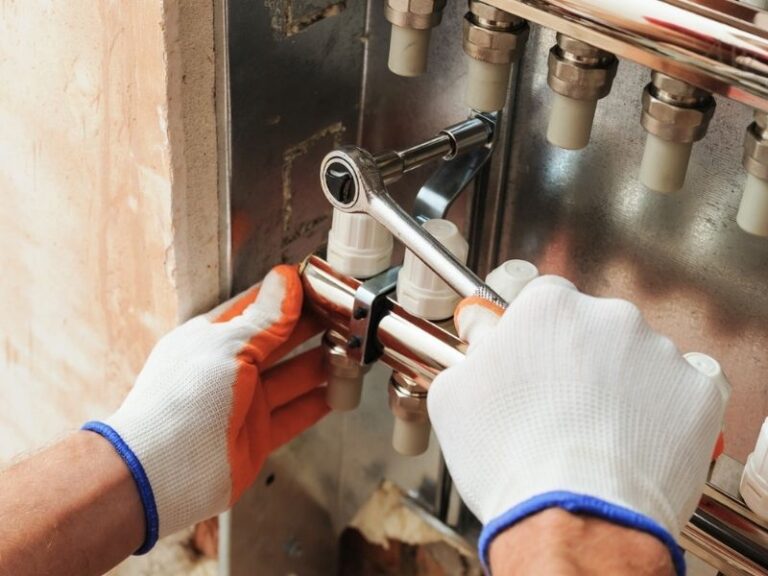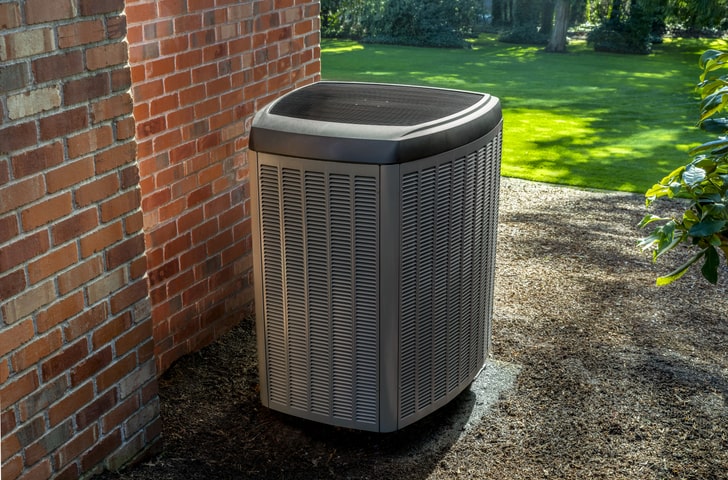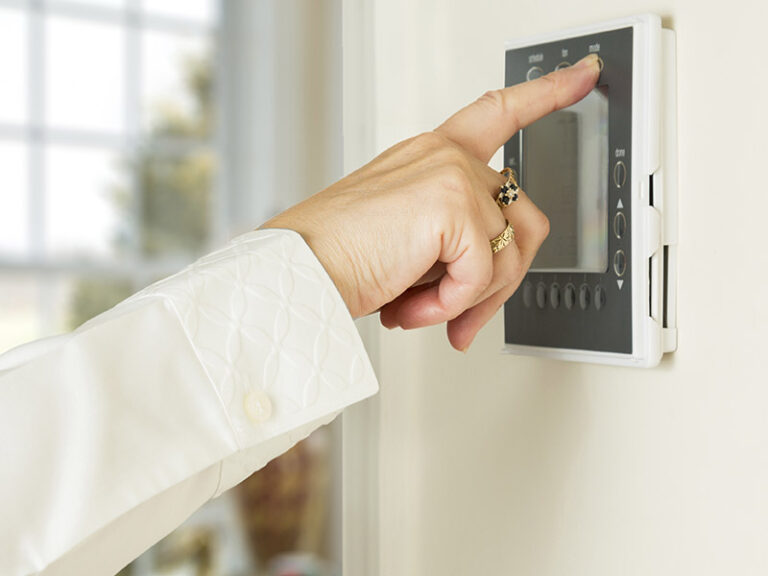

The temperature outside hovers near freezing as families gather around tables laden with seasonal fare, but something feels off inside your Olathe, KS, home. Your furnace groans like it’s trying to communicate in a language.....

The last thing you want is a furnace that refuses to run when the weather in Shawnee, KS, is cold. Your cozy sanctuary could quickly turn into an uncomfortable chill zone. How do you know.....
Is your water heater in Shawnee, KS, starting to operate erratically? While it might not explode, ignoring the signs of trouble can leave you with cold showers and rising utility bills. Understanding when to repair.....

Is your air conditioner struggling to keep up with the Kansas heat? If you’re in Olathe, KS, and considering an AC replacement, choosing the right system is key. Trane air conditioners are known for their.....

As the sizzling Kansas summer tightens its grip on Olathe, your air conditioner serves your home as a lifeline. But what happens when your AC system starts groaning, rattling or emitting funky smells? Don’t dismiss.....

In Overland Park, KS, where summer highs can exceed 90°F and winters dip into the 20s, energy efficiency is a year-round priority. According to the U.S. Department of Energy, homeowners can save up to 10%.....